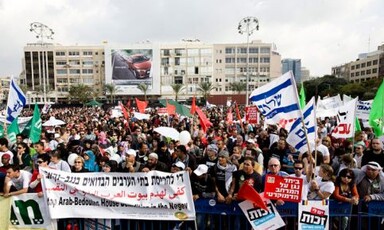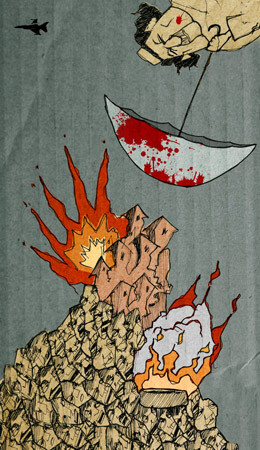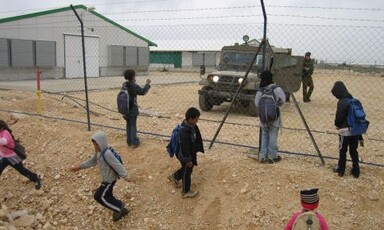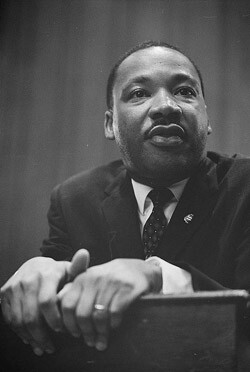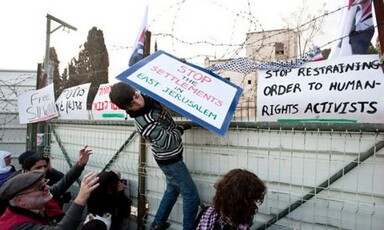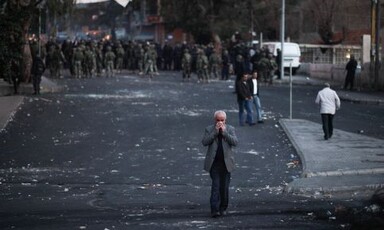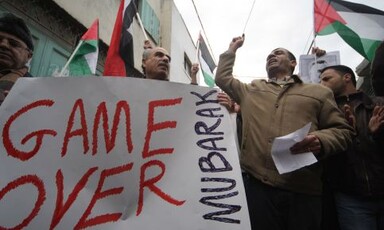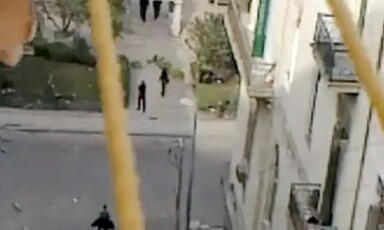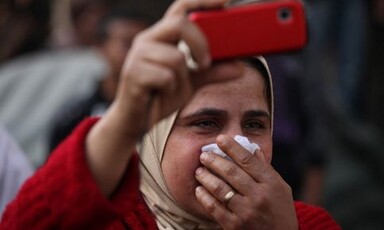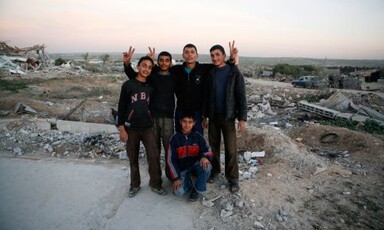
Palestinians call for unity protest on 15 March
28 February 2011
GAZA CITY, occupied Gaza Strip (IPS) - A look at the Tunisian and Egyptian uprisings that succeeded in ousting long-entrenched dictators confirms a universal truth: it is the youth who are leading the way in forcing reform in the Middle East. Read more about Palestinians call for unity protest on 15 March



